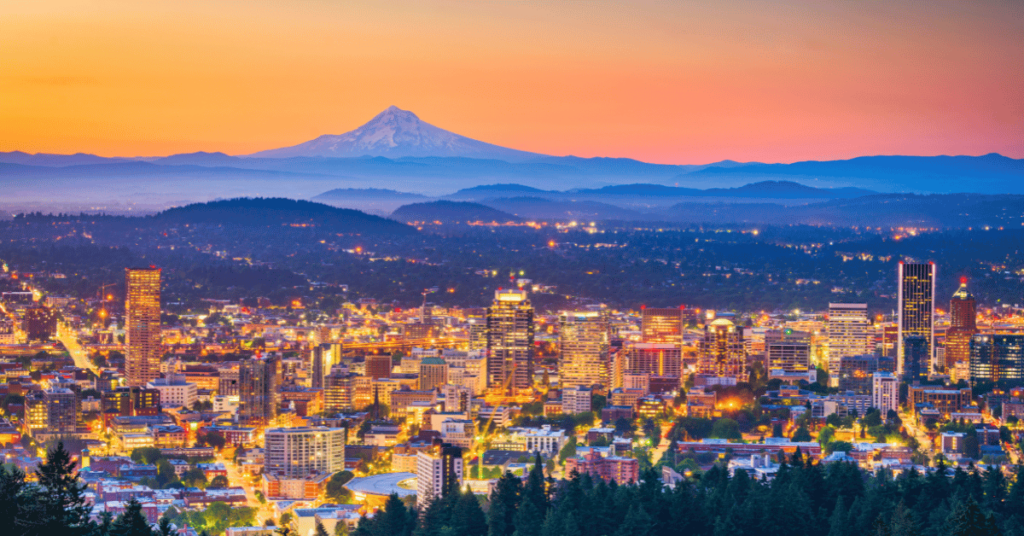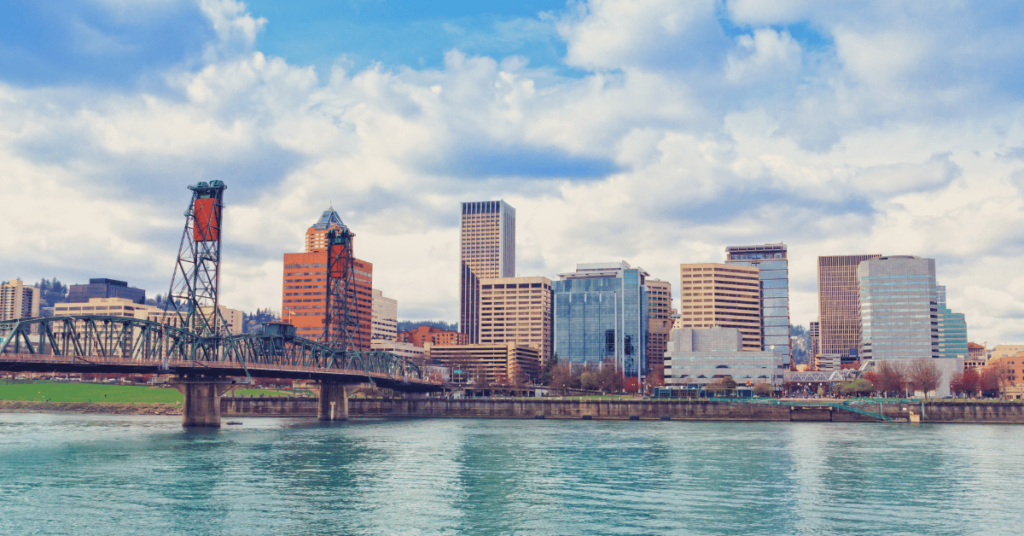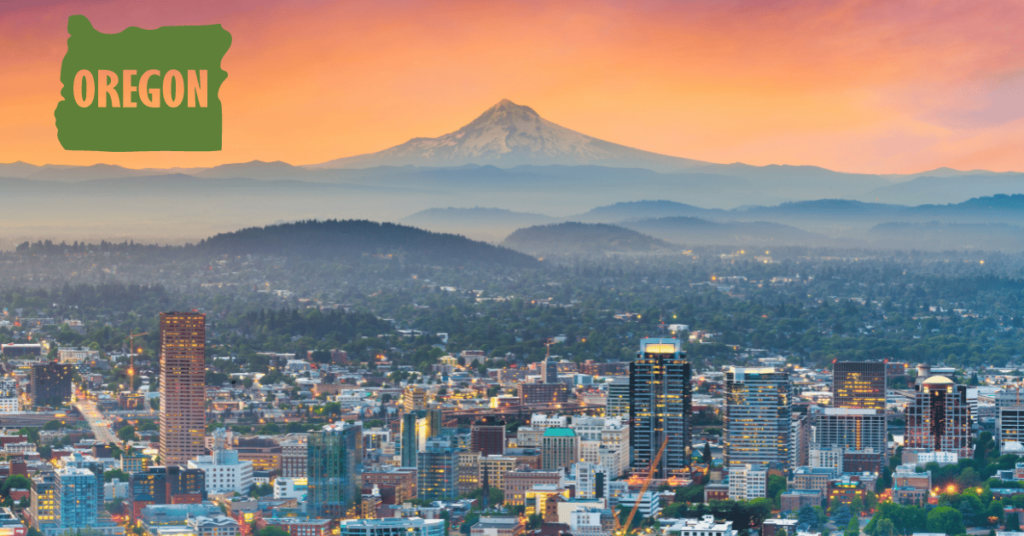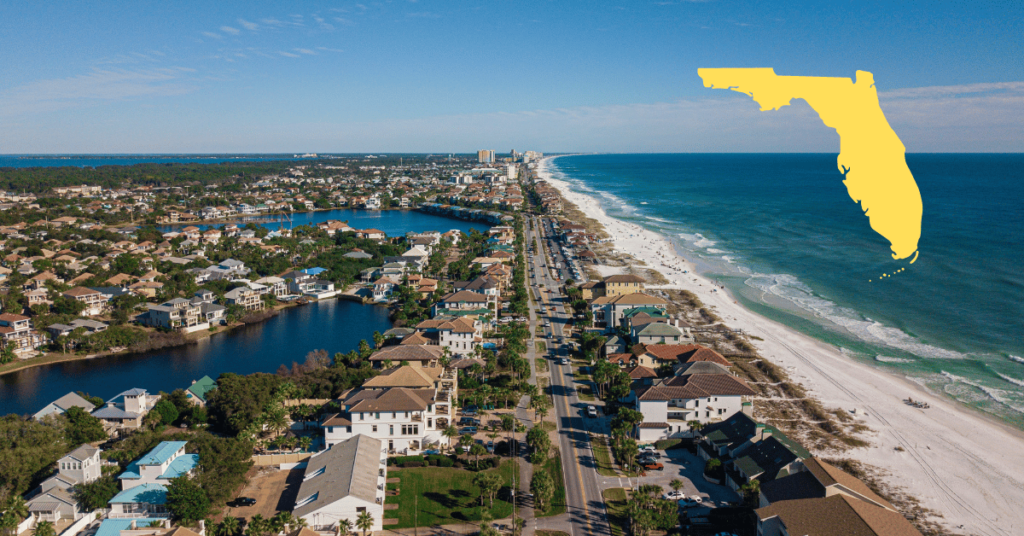Oregon is becoming an increasingly popular destination for non-traditional retirees. With its scenic landscapes, mild climate, and progressive lifestyle, the state offers plenty of opportunities for those seeking an alternative approach to retirement. However, Oregon also has its own set of challenges, including higher taxes and cost of living in certain areas.
This article explores what non-traditional retirees need to know before choosing Oregon as their retirement destination.
Why Retire in Oregon?

Natural Beauty and Outdoor Recreation
Oregon’s diverse landscape includes mountains, forests, and a rugged coastline, making it an outdoor enthusiast’s paradise. Retirees can enjoy hiking, fishing, biking, and skiing year-round. Notable locations like Crater Lake National Park, Mount Hood, and the Oregon Coast offer endless options for adventure.
Mild Climate
Oregon has a generally mild climate, especially in the western part of the state. Summers are warm but not too hot, and winters, particularly in cities like Portland and Eugene, are more rainy than snowy, making it an ideal environment for retirees who prefer moderate weather.
Sustainable Lifestyle
Oregon is known for its commitment to sustainability and eco-friendly living. Retirees interested in reducing their carbon footprint can benefit from Oregon’s recycling programs, green energy initiatives, and local organic food markets.
Challenges of Retiring in Oregon
Higher Income Taxes
While Oregon doesn’t have a state sales tax, it has a relatively high income tax rate, which can affect retirees with substantial investment income or other taxable retirement benefits. For retirees planning to continue part-time work or consulting, this can be an important consideration.
Cost of Living
Although Oregon offers many affordable areas, the cost of living can be high in more desirable locations like Portland or Bend. Housing prices in these cities have surged in recent years, making it necessary for retirees to plan their budget carefully if they want to live in urban areas.
Healthcare Access
Oregon offers access to quality healthcare, but availability varies depending on the region. Portland and other larger cities have top-tier medical facilities, but retirees in rural areas may need to travel longer distances for specialized care.
Best Places to Retire in Oregon

1. Portland
Portland is a vibrant city known for its culture, outdoor activities, and commitment to sustainability. Though the cost of living is higher than in other parts of the state, retirees benefit from access to excellent healthcare, public transportation, and plenty of cultural activities.
2. Eugene
Eugene, home to the University of Oregon, is a smaller city that offers a blend of academic and outdoor life. Known for its arts scene and commitment to sustainability, Eugene is a popular spot for retirees looking for an eco-friendly, active community.
3. Bend
Bend is a growing city with a strong focus on outdoor recreation, particularly skiing, hiking, and fishing. While the cost of living is on the rise, the area’s natural beauty and slower pace make it a great option for non-traditional retirees who value an active lifestyle.
4. Ashland
Ashland is best known for its annual Shakespeare Festival and artistic community. Located in southern Oregon, it offers retirees a charming small-town atmosphere with a focus on the arts and a slower pace of life.
5. Salem
As the state capital, Salem offers a more affordable option compared to Portland. With its parks, wineries, and historic sites, it provides a mix of urban and rural life that appeals to many retirees.
Non-Traditional Retirement in Oregon
Freelancers and Gig Workers
Oregon is a welcoming place for freelancers and gig workers, as the state fosters a strong entrepreneurial spirit. Retirees who want to keep working part-time can find opportunities in cities like Portland, where freelance work in creative industries, tech, and green jobs is prevalent.
Alternative Housing Options
For non-traditional retirees, Oregon offers several alternative housing options:
- Tiny Homes: Oregon is a hotspot for tiny home communities, where retirees can live a minimalist lifestyle while saving on housing costs.
- Co-Housing Communities: Some retirees may opt for co-housing, where private homes are combined with shared communal spaces, promoting a strong sense of community.
- Rural and Off-Grid Living: Retirees seeking solitude or a self-sufficient lifestyle can find affordable land in rural Oregon to build their dream off-grid or sustainable home.
Tax Considerations for Retirees in Oregon
Income Tax
Oregon’s state income tax is on the higher side, with rates ranging from 4.75% to 9.9%, depending on income level. Retirees drawing from taxable retirement accounts such as 401(k)s or pensions should be aware of how their income will be taxed.
No Sales Tax
One of Oregon’s biggest tax advantages is its lack of sales tax. This can be beneficial for retirees on a fixed income, as it makes everyday purchases more affordable.
Property Taxes
Property taxes in Oregon are relatively high, which can impact retirees who own homes, especially in areas where property values are rising. However, Oregon has a property tax deferral program for seniors, which allows homeowners to delay payment of property taxes until they sell their home.
Healthcare Options for Retirees
Oregon has a robust healthcare system, but the quality and availability of care can vary by region. Major cities like Portland, Eugene, and Bend offer excellent healthcare facilities, while rural areas may have limited options. Retirees should consider proximity to healthcare services when choosing where to live in Oregon.
Medicare in Oregon
Retirees in Oregon have access to both Original Medicare and Medicare Advantage plans, with several insurance providers offering plans tailored to retirees’ needs. It’s important to review the available plans and ensure that they include coverage for any preferred healthcare providers or services.
Conclusion
Oregon is an excellent choice for non-traditional retirees who value nature, sustainability, and a progressive lifestyle. With a mix of urban and rural living options, Oregon offers something for everyone, from vibrant city life to peaceful rural retreats. However, retirees should be prepared to navigate the state’s higher income taxes and cost of living in some areas. By balancing these factors with the state’s many benefits, retirees can enjoy a fulfilling and active lifestyle in Oregon.
If you have any further questions feel free to comment down below or contact retiresmart for any help!
FAQs
Is Oregon a tax-friendly state for retirees?
While Oregon has no sales tax, it does have a higher-than-average state income tax, which can impact retirees with substantial income from taxable accounts.
What are the best places for non-traditional retirees in Oregon?
Popular spots include Portland, Eugene, Bend, Ashland, and Salem, each offering different benefits in terms of lifestyle, cost of living, and outdoor activities.
Does Oregon offer good healthcare for retirees?
Oregon provides excellent healthcare options in urban areas, but retirees in rural parts of the state may face limited access to specialized care.
What are the best outdoor activities for retirees in Oregon?
Hiking, skiing, fishing, and visiting the coast are some of the most popular outdoor activities for retirees in Oregon.




